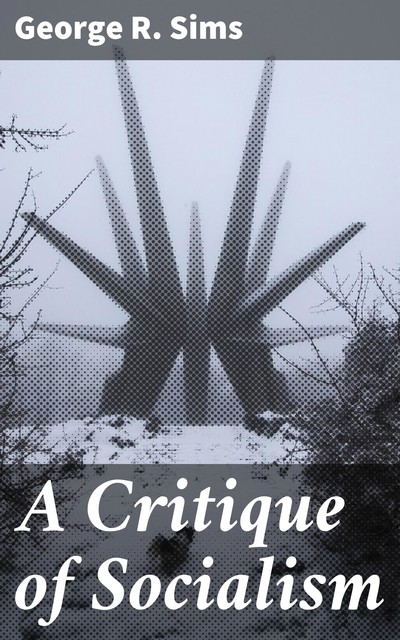In “A Critique of Socialism,” George R. Sims engages with the socio-economic theories of the late 19th century, dissecting the implications of socialist ideologies on society and governance. In a literary style characterized by incisive argumentation and vivid illustrations, Sims articulately critiques the utopian visions proposed by socialist thinkers, advocating instead for individualism and the benefits of capitalism. His nuanced perspective situates this work within the broader Victorian context, where debates on social reform and economic structures were fervently ongoing, contributing to a rich discourse on human progress and societal development. George R. Sims was a prominent English novelist, playwright, and social commentator whose writings often reflected the social issues of his time. His experiences as a journalist and his exposure to the diverse strata of British society informed his critical stance on socialism. A keen observer of human nature, Sims questioned the feasibility of implementing socialist ideals within the complexities of real-world dynamics, prompting a rich dialogue on the nature of society, freedom, and economic responsibility. Readers seeking a thought-provoking examination of socialism and its societal impacts will find “A Critique of Socialism” to be an indispensable addition to their understanding. Sims' work not only illuminates historical debates but also resonates with contemporary discussions on economic systems, making it a relevant read for scholars, students, and anyone interested in the intersection of literature and social theory.

